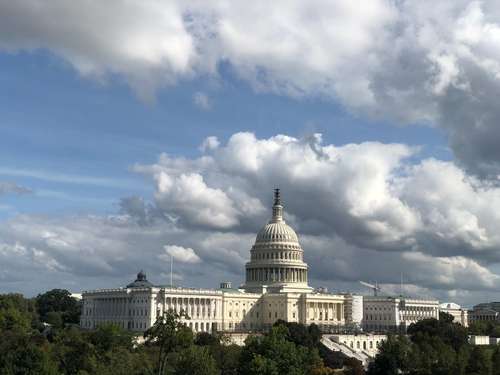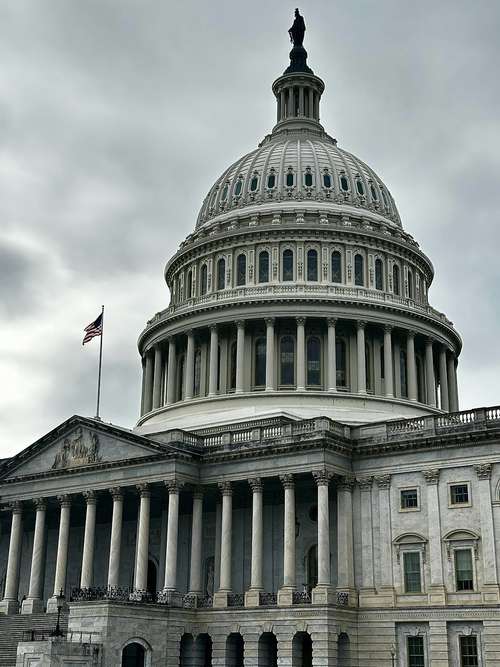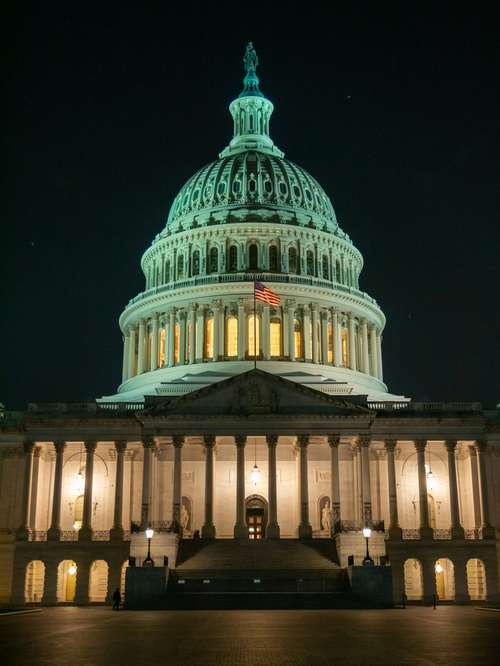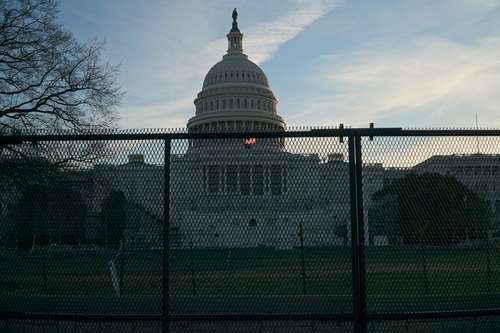
The crypto world is in turmoil as the U.S. Securities and Exchange Commission (SEC) unleashes a legal blitz against two major exchanges, Binance and Coinbase. These lawsuits have sent shockwaves through the market, leaving investors and participants on edge.
Binance, the largest crypto exchange globally, is facing a barrage of charges. The SEC has accused Binance of defrauding investors, misusing funds, failing to register as an exchange, and facilitating trading of unlisted securities. Shockingly, the lawsuit alleges that Binance secretly controlled billions of dollars in user funds, diverting them as they pleased through entities like Sigma Chain and Merit Peak Limited.
Coinbase, the leading U.S. crypto exchange, is also under scrutiny. The SEC claims that Coinbase operated as a broker, exchange, and clearing agency without proper registration, evading essential disclosure policies. Furthermore, Coinbase is accused of permitting trading of unregistered securities and engaging in deceptive practices such as offering unstaking services without sufficient oversight.
The impact of these lawsuits has been swift and severe. Following the SEC's announcements, massive amounts of funds were withdrawn from both Binance and Coinbase platforms. Binance saw a staggering $1.4 billion flow out, amounting to 2.6% of its total assets. Coinbase, too, witnessed clients withdrawing over $57 million within hours of the regulatory demands. The market responded with panic as both exchanges experienced significant declines in trading volume and stock value.
These legal battles were not entirely unexpected, given the mounting tensions between crypto companies and U.S. regulators. Binance and Coinbase have been in regulators' crosshairs, facing investigations and enforcement actions. The SEC's lawsuits underscore its position that many crypto tokens should be classified as securities within its regulatory purview.
However, the classification of tokens and the need for appropriate regulations remain contentious issues among regulators, industry players, and advocates. While crypto companies argue for tailored rules suited to the industry's unique nature, the SEC maintains that existing laws can address market developments, particularly concerning exchanges and token issuance.
The impact of these lawsuits extends beyond Binance and Coinbase. The SEC has identified several cryptocurrencies as securities, requiring issuers to register and comply with regulations. Tokens such as Solana, Axie Infinity, Polygon, The Sandbox, TRON, Cardano, and Filecoin are among those caught in the SEC's crosshairs. These projects represent some of the largest and most well-known players in the market, exacerbating uncertainty and panic among investors.
SEC Chairman Gary Gensler has long advocated for crypto exchanges to register with the authority, emphasizing investor protection and regulatory compliance. Through these lawsuits, Gensler aims to instill fear in the market and restrict American consumers' access to crypto tokens. The repercussions of this legal storm have already reached other platforms, with Robinhood considering delisting several cryptocurrencies in response to the SEC's actions.
The future of the crypto market hangs in the balance as these lawsuits play out in court. Given their significant resources and influence, Binance and Coinbase are unlikely to back down easily. It remains to be seen how these legal battles will shape the industry and whether regulators can strike a balance between innovation and investor protection in the evolving world of cryptocurrencies.
The lawsuits have cast a dark cloud over the crypto market, as investors grapple with uncertainty and fear. The once-thriving and dynamic industry now faces a period of intense scrutiny and potential regulatory overreach.

These legal actions underscore the need for clear and comprehensive regulations in the crypto space. While some argue that excessive regulation could stifle innovation, others believe that a well-regulated market will foster greater trust and long-term sustainability.
The outcome of these lawsuits will not only impact Binance and Coinbase but will have broader implications for the entire crypto ecosystem. It may shape the future trajectory of regulation in the industry and influence the approach taken by other countries around the world.
In the midst of the legal storm, it is crucial for investors to remain vigilant and informed. Conducting thorough due diligence and staying updated on regulatory developments will be key to navigating the evolving landscape of the crypto market.
Ultimately, the resolution of these lawsuits will set important precedents for the regulation of cryptocurrencies and exchanges. It is a critical moment for the industry, as stakeholders grapple with finding the right balance between innovation and investor protection.
As the lawsuits progress, the crypto market will be closely watching for any signals of regulatory clarity and stability. The industry's future will depend on how regulators, exchanges, and market participants collaborate to establish a framework that fosters trust, transparency, and responsible growth.




